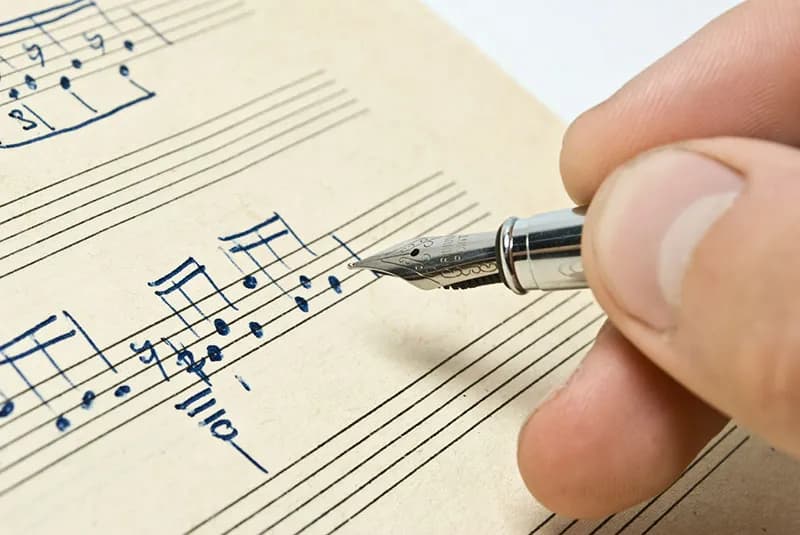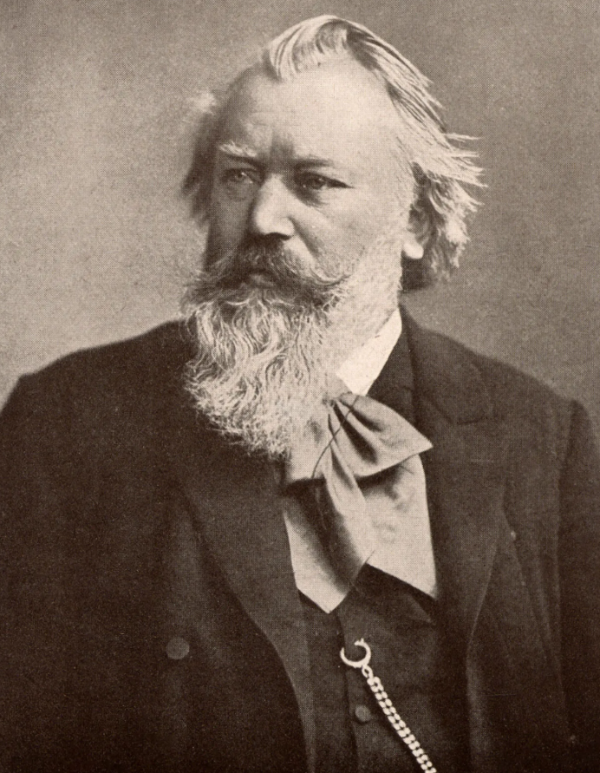Throughout history, there has been no shortage of composers who were also brilliant performers. Even away from the obvious examples such as Mozart, Chopin, or Liszt, other composers such as Schumann, Ravel, or Richard Strauss had a prodigious talent for an instrument (more often than not the piano), even if they didn’t forge a career as a performer specifically.
Many composers compose at the piano or with another instrument in hand, and many pieces came about as a result of improvisation (Chopin was a famous example of this). Although today the lines between composer and performer seem more delineated than in the past, it’s easy to forget just how closely the two are linked, even today.

© The Tune Catcher
Of course, while composing takes time, commitment, and study, just like any other craft, it could be argued that performers are actually in the best position to compose. They have the immense technical ability; they have a vast knowledge of the repertoire; they understand the intimate connection that exists between performer and instrument. Many of the things a composer would have to learn about an instrument – its range, technical limitations, strengths, and weaknesses – are, in the hands of a performer, second nature.
We often say the best music comes from performers; or, that it’s obvious when music was written by a performer as opposed to a non-performer. Things sit under the fingers well, and there is a deep understanding of the technical workings of the instrument(s) being written for, which helps to perfectly articulate the composer’s musical intentions.
Even if you are not an expert in a certain instrument, there is much to be gleaned from consulting with fellow musicians who are. Friends and colleagues are, more often than not, happy to impart advice about what works well on their instruments and what doesn’t. At the end of the day, having a well-written piece of music is in the performer’s interest as much as the composer’s!
As I’ve found in numerous composition workshops with my ensemble, one of the most important things to learn as a young composer is how to take one’s musical ideas and present them in a way that makes sense for a performer.
Many times we receive scores that clearly have interesting ideas and concepts behind them, but after a few minutes of workshopping it becomes apparent that very little thought has been given to the way these abstract ideas on the page have to be translated into action by the musicians.
It’s easy to get caught up in ideas, about how something might sound in our head, without giving much thought to the fact that a flesh and blood human has to stand there and interpret what we write.
Having a good idea is crucial to having a good piece – after all, it’s the seed of the entire composition – but composition is a process which doesn’t finish with the notes printed on the page. Having a deep connection to the physicality of performance is, in my mind, essential to the success of a piece of music.
This isn’t to say that all good music is easy to play. There are plenty of works out there that are ferociously challenging, but even some of the most intimidating pieces, despite their technical difficulty, retain some sense of playability, the idea that the technical challenges are borne of a profound understanding of how the instrument (and performer) works.
Ravel – Gaspard de la Nuit | Marc André Hamelin
Take Ravel’s Gaspard de la nuit for example. It’s widely regarded as one of the most challenging works for solo piano, but Ravel’s writing clearly has the capabilities and limitations of the piano in mind. Not that you’d know it: the music abounds with scintillating colours and lush harmonies. You’d never think Ravel is constrained by the piano’s technical setup – but it’s his intimate knowledge of the instrument, plus the knowledge that his music had to be interpreted by other musicians, that allowed him to so perfectly articulate his musical ideas.
The technical limitations of an instrument, as shown so perfectly in Gaspard, need not be a problem. As obvious as it might sound, remembering that performers need to be able to perform should be the thought at the forefront of any composer, young or old. You don’t have to be a Liszt-level virtuoso to write successfully for the piano, nor (thankfully) do you need twelve different conservatoire degrees to be able to compose for an orchestra. Writing well for an instrument means a piece that can be performed well, and a piece that can be performed well will earn the love and respect of musicians and audiences alike.
For more of the best in classical music, sign up to our E-Newsletter



